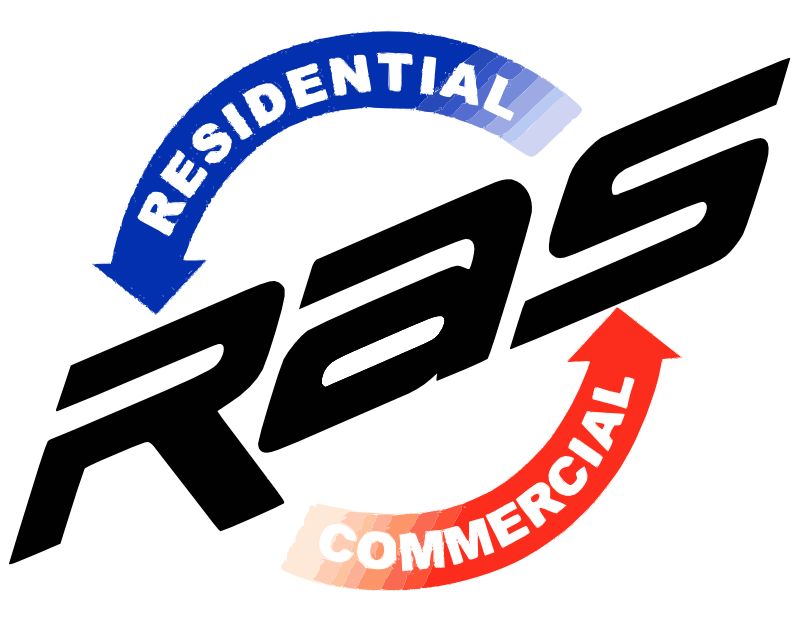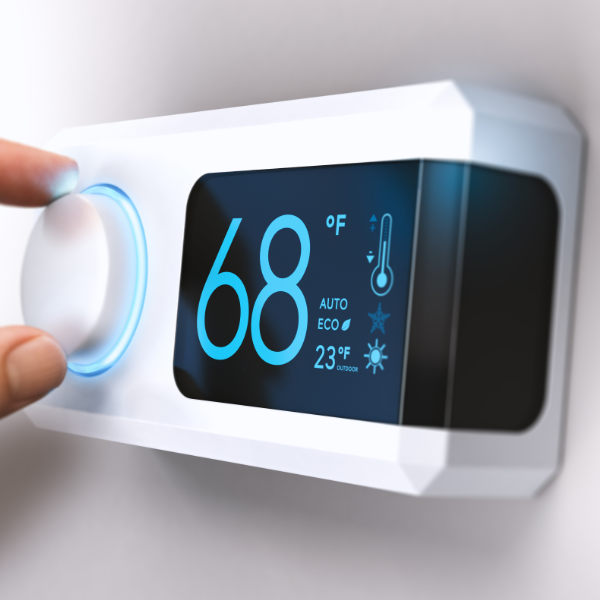Houston, TX is an allergen-rich area for nearly half the year. From grasses to weeds, mold spores and trees, the humid climate is home to a diverse variety of pollinators that cause many residents in the area to experience allergic reactions.
Which allergies are most common in Houston? How can you find relief from allergies? RAS is here to help you sneeze less and breathe better.
Allergy Symptoms
Allergies work like a defensive mechanism to protect us from particles in the air that can be dangerous to our health. The body releases histamines into the bloodstream, increasing mucus. Hence allergy medicine is formulated with “antihistamines.”
Allergy symptoms include but are not limited to:
- Itchy and/or watery eyes
- Sneezing
- Congestion
- Skin rash
- Difficulty breathing
- Headaches
While most symptoms are more uncomfortable and inconvenient than dangerous, mold spores can be harmful and cause health issues. Any indications of mold warrant an inspection by a professional and immediate treatment, including ongoing efforts to keep mold from growing again, such as a whole-home air purifier and dehumidifier connected to your HVAC system.
Spring and Summer Allergens in Houston, TX
Here is a look at the local plant-related allergens in the air – that can make their way into our homes and lungs!
Grass Pollen
Grasses are an extremely common allergy culprit in South Texas. The grasses that affect our community the most are:
- Bahia Grass
- Timothy Grass
- Sweet Vernal Grass
- Red Top Grass
- Bermuda Grass
- Ryegrass
(Some) Blue Grasses
Tree Pollen
Trees in the Houston area release a lot of pollen. Most start in the spring, peaking at different times. Here are some of the top local pollinating trees:
- Texas Red Oak Tree
- Mulberry Tree
- Elm Tree
- Ash Tree
- Pecan Tree
Summer Mold Spores
The humidity promotes mold which releases spores. Mold spores can cause allergy-type symptoms including congestion and difficulty breathing. Worse, it can lead to health concerns and issues! Mold spores commonly found in the Houston area include:
- Alternaria
- Cladosporium
- Basidiomycetes
- Ascomycetes
How to Get Allergy Relief
The most effective solution is at the source: removing and reducing allergens from your indoor air. This can be achieved by installing a whole-home air purifier. Air purifiers are a proactive approach, rather than popping an allergy pill after you start having an “allergy attack” or work to remove mold after it has grown on bathroom walls. An in-duct air purifier will ensure that mold spores, grass, tree, and weed pollen all stay out of your home.
Other tips for preventing allergies as well as finding relief from symptoms:
- Keep windows closed
- Change AC filter often
- Dust frequently
- Vacuum, sweep, and mop
- Wash linens
- Shower upon returning home, and put dirty clothes in the wash immediately
What Can Improve Indoor Air Quality?
Improving indoor air quality is an affordable, easy way to make your home more comfortable and healthy. In addition to installing a whole-home air purifier that works with your HVAC system, you can also help to alleviate allergies by getting your air conditioning system serviced regularly, including ductwork cleaning, and changing the air filters frequently.
RAS TX of Houston knows the importance of air quality and wants to help you enjoy clean air at home. Call us for an estimate on air purifiers that work with your HVAC system for superior indoor air quality.





